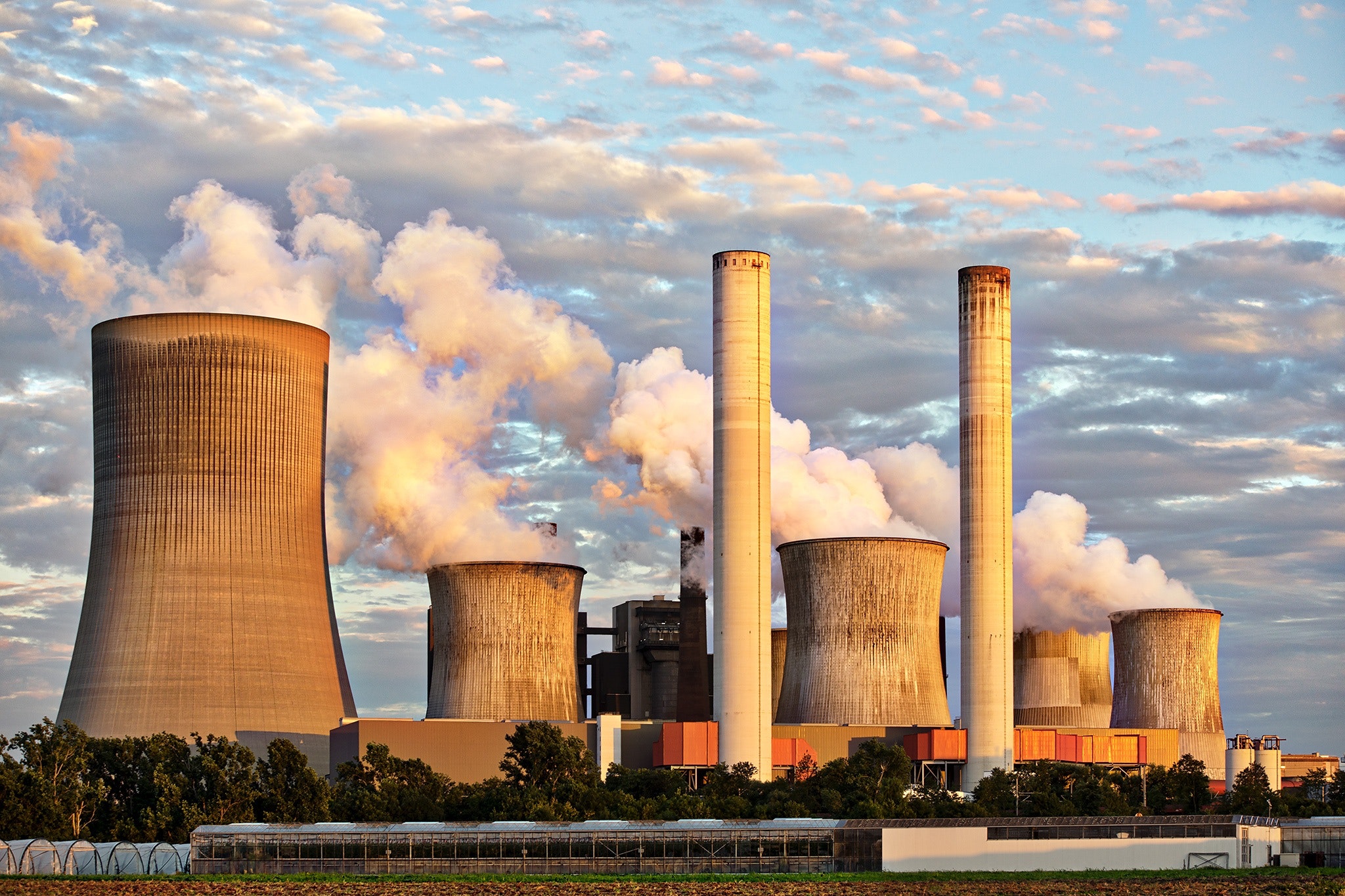Ukraine's Gas Transit Gamble: A Shift in European Energy Dynamics
Ukraine will not renew its gas transit agreement with Russia after its expiration in late 2024. The European Union has diversified away from Russian gas, reducing volumes transiting through Ukraine. However, some Eastern European countries maintain dependence on Russian gas despite EU pressures. Economic and geopolitical implications abound.

Ukraine's decision not to renew its gas transit agreement with Russia beyond December 31, 2024, marks a significant shift in European energy dynamics, impacting the region's gas supply landscape. Ukrainian Prime Minister Denys Shmyhal confirmed this move in discussions with Slovak Prime Minister Robert Fico.
Currently, Russian gas supplies through Ukraine to Europe are minimal, amounting to approximately 15 billion cubic meters in 2023. This figure is only 8% of peak flows from 2018-2019. With the EU moving away from dependency on Russian gas post-Ukraine invasion, alternative supplies from Norway, the US, and Qatar have started to replace Russian gas.
Despite this shift, some countries like Slovakia, Hungary, and Austria continue to rely on Russian gas, citing economic reasons and high transit fees for alternatives. While the remaining Russian gas transit volumes are limited, Europe's energy diversity efforts face challenges as Russia seeks new routes like TurkStream to maintain its export levels.
(With inputs from agencies.)
- READ MORE ON:
- Ukraine
- gas transit
- Russia
- Europe
- energy
- EU
- Shmyhal
- Slovakia
- dependence
- alternative supplies
ALSO READ
EU Urges Swift Aid as Russia Targets Ukraine's Energy Infrastructure
Russia's Overnight Strike Cripples Poltava Energy Infrastructure
Delectrik Systems Wins NTPC Tender to Deploy Cutting-Edge Energy Storage System
EU Green Rules Set to Boost Costs for Global Clothing Brands
Euro Zone Bond Yields Drop as ECB Rate Cut Speculations Rise










